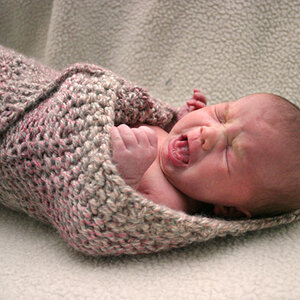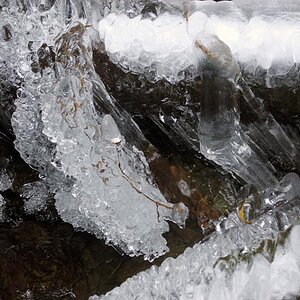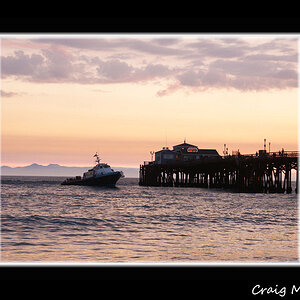ronnie156
TPF Noob!
I'm taking a photography course in high school, so I've learned the basic stuff and practiced the techniques a bit using the DSLRs at school. But I really want a camera with manual control so I can practice outside school, and hopefully in the near future, advance to a professional level.
The problem is I can't even afford a used DSLR kit in online stores, let alone a brand new one that comes with warranty and many other accessories.
So I'm wondering if it's a good idea to start shooting with a film SLR camera. I've done a bit research on the internet and it seems to be advisable to do so. There're also quite a few deals on ebay selling SLR camera with lens under $50 (models like Pentax k1000, Canon AE-1,etc.).
Though I'm concerned about the price of shooting and more importantly, cost of self-developing the photos. It would be much more preferable to develop the films the way I wanted, instead of handing them to the store and let someone else to do the job for me. Is it easy to learn how to develop your own films? and is it recommended to spend so much money on developing the photos? (like buying an enlarger, chemicals and the tools for editing)
I know that digital photography will be much cheaper in the long run, it's just that I really can't afford one at the moment, plus people have been saying shooting in film is a good way to learn photography. They said it gives you more discipline and prevents you from developing a dependence on photoshop.
So can anyone give me some advice? What should I do?
The problem is I can't even afford a used DSLR kit in online stores, let alone a brand new one that comes with warranty and many other accessories.
So I'm wondering if it's a good idea to start shooting with a film SLR camera. I've done a bit research on the internet and it seems to be advisable to do so. There're also quite a few deals on ebay selling SLR camera with lens under $50 (models like Pentax k1000, Canon AE-1,etc.).
Though I'm concerned about the price of shooting and more importantly, cost of self-developing the photos. It would be much more preferable to develop the films the way I wanted, instead of handing them to the store and let someone else to do the job for me. Is it easy to learn how to develop your own films? and is it recommended to spend so much money on developing the photos? (like buying an enlarger, chemicals and the tools for editing)
I know that digital photography will be much cheaper in the long run, it's just that I really can't afford one at the moment, plus people have been saying shooting in film is a good way to learn photography. They said it gives you more discipline and prevents you from developing a dependence on photoshop.
So can anyone give me some advice? What should I do?


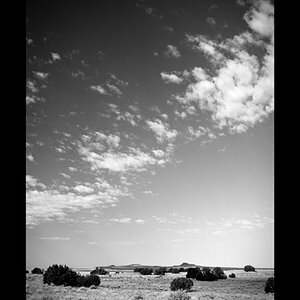
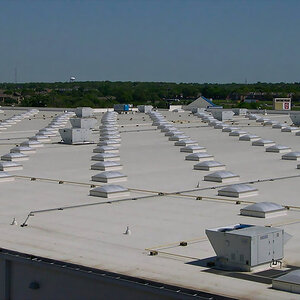


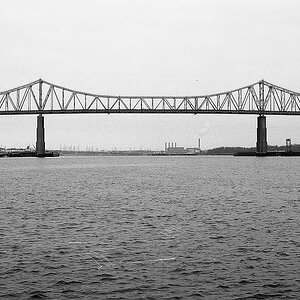
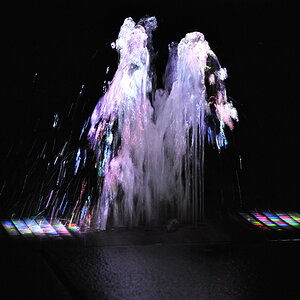
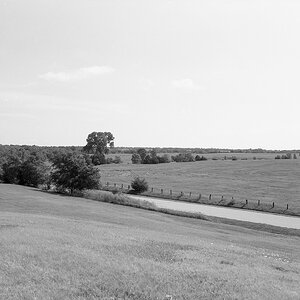
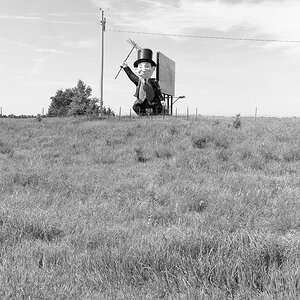
![[No title]](/data/xfmg/thumbnail/37/37488-1946adf246ec6e047915c668d3dcff15.jpg?1619738111)
